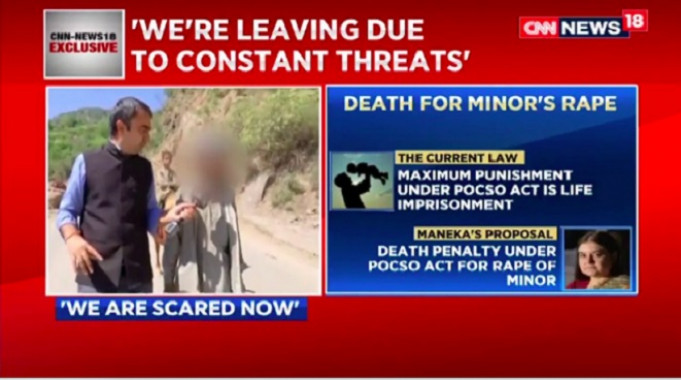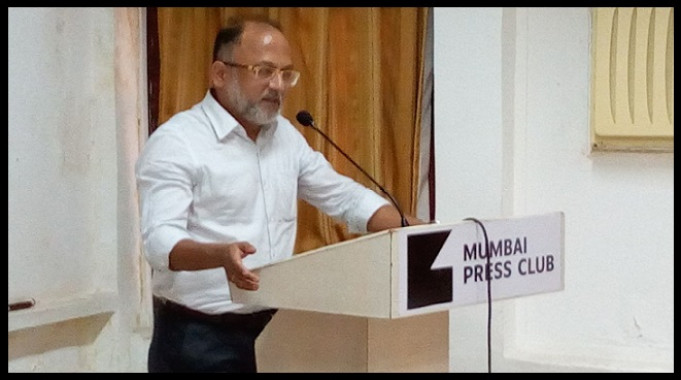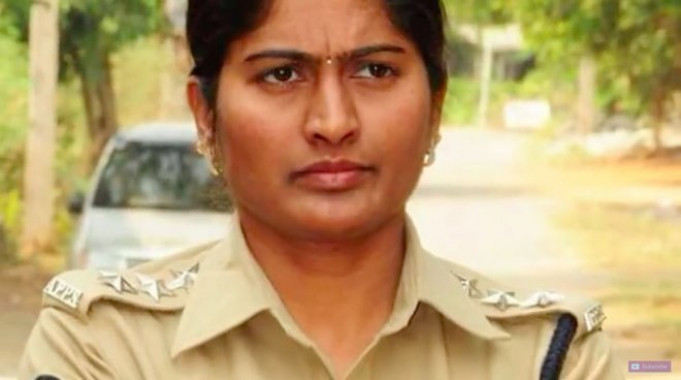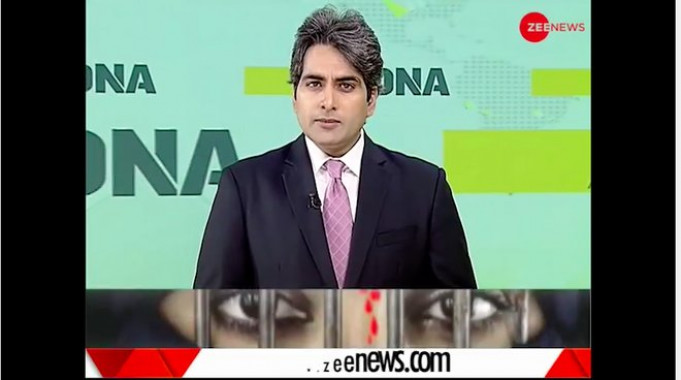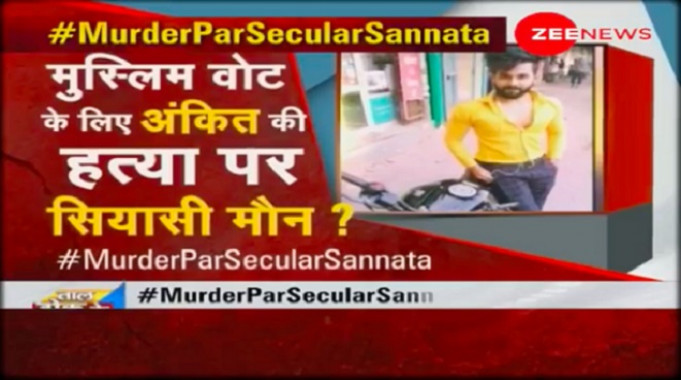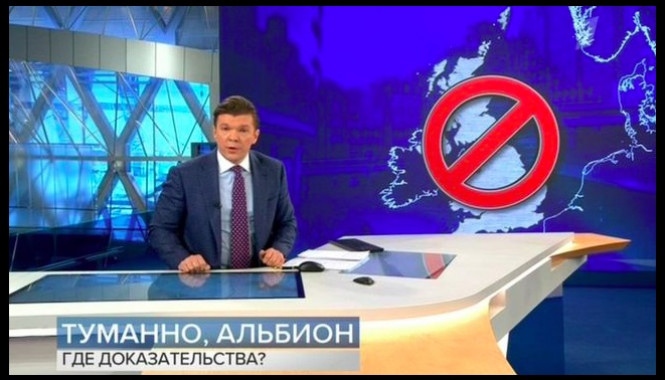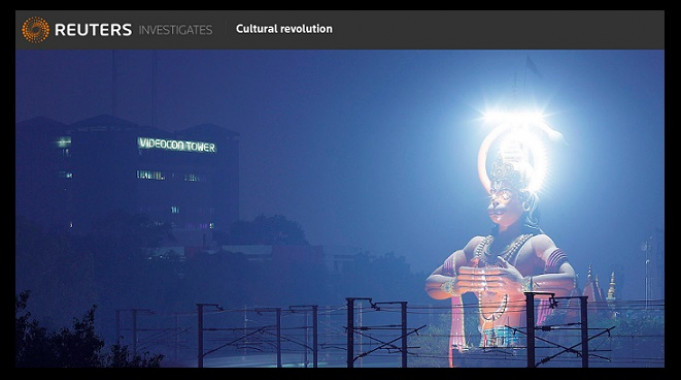BY SEVANTI NINAN|
IN MEDIA PRACTICE
|17/04/2018
The Delhi High Court levies a Rs 10 lakh fine on media houses which named the victim, but the offenders were many more than those issued notices by the court. How the Indian media reports such cases merits constant scrutiny,
BY HASEENA SHAIK|
IN MEDIA PRACTICE
|14/04/2018
TV9 Telugu does not need to be taught lessons on women’s rights, ethics or the right to privacy. We know what we are doing.
BY VIKAS KUMAR|
IN MEDIA PRACTICE
|09/04/2018
An amazing article accusing former CM T.R. Zeliang and the Baptist Church of Nagaland of funding terror drew a threat of legal action and a denial of Swarajya's claims from the Army.
BY JYOTI PUNWANI|
IN MEDIA PRACTICE
|06/04/2018
At a commemorative meeting in Mumbai the journalist who did the story for Caravan talks about how Loya’s family decided that he should be the one to tell their story.
BY PADMAJA SHAW|
IN MEDIA PRACTICE
|03/04/2018
In pursuit of scandal, a Telangana channel invades the privacy of upright police officers who are then removed from crucial cases. Did the channel also serve a political agenda in the process,
BY JYOTI PUNWANI|
IN MEDIA PRACTICE
|25/03/2018
Hadiya’s conversion and marriage suffered the biased, hate-filled, anti-Muslim treatment that is now routine for some TV channels.
BY JYOTI PUNWANI|
IN MEDIA PRACTICE
|20/03/2018
Their coverage of Ankit Saxena’s murder was a master class in hate-mongering. Reporting Communal Issues - Part I
BY NATASHA RULYOVA|
IN MEDIA PRACTICE
|19/03/2018
The reaction to the Salisbury attack in the Russian government-controlled media has been full of mockery and contempt. Russians are starved of alternative viewpoints,
IN MEDIA PRACTICE
|11/03/2018
The skit might not have been ill-intentioned. But it was both culturally and racially insensitive.
BY VAMSEE JULURI|
IN MEDIA PRACTICE
|10/03/2018
A Reuter’s report reveals the bias, clichés, and laziness that crop up on the subject of Hindus and India’s ‘first inhabitants’.
Subscribe To The Newsletter


